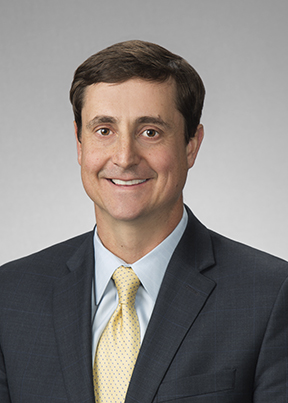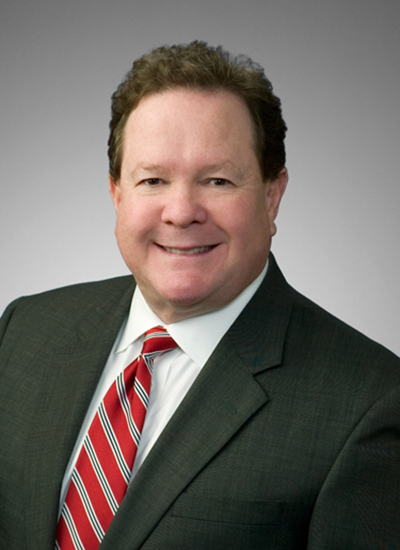Court Enforces OCIP Workers Comp Bar in Third Party Over Action
Cokinos | Young recently obtained summary judgment for the owner and the general contractor on all claims brought by a severely injured employee of a subcontractor at a large, industrial construction project. Cokinos | Young successfully argued that both the owner and the general contractor were entitled to the workers compensation “comp-bar” because the project was insured under an Owner Controlled Insurance Program (“OCIP”), and the plaintiff’s exclusive remedy was the workers compensation benefits he had already received. The summary judgment was entered prior to any substantive discovery and was thus an important, cost-saving result for our clients. It is also part of a developing area of the law, with significant ramifications for clients considering how to mitigate risks from third party over actions. The issue is described in more detail below.
Controlled or Consolidated Insurance Programs (“CIPs”) are project specific insurance plans. For many reasons, owners and general contractors now favor the use of “CIPs” or “wraps” – either in the form of an Owner Controlled Insurance Program (“OCIP”) or Contractor Controlled Insurance Program (“CCIP”). These reasons include uniformity of coverage, cost savings, and a cooperative defense to claims against participants, which cuts down on expensive and disruptive infighting and third party actions between the contractors on site. But many owners and general contractors are not aware of an added benefit to providing workers compensation insurance under a wrap—immunity from tort suits brought by third party employees insured under the plan. As the case law on this issue comes into clearer focus, Texas courts are consistently favoring a broad extension of the workers compensation exclusive remedy provision (sometimes called the “comp-bar”) throughout all tiers of contractors and subcontractors on a project with a wrap in place. When an OCIP is in place, tort immunity extends even to the owner.
As commonly understood by most lawyers, trial judges, and their construction clients, the exclusive remedy provision in the Texas Workers Compensation Act (“Act”) prevents injured workers from suing their own employers, but it does not prevent third party actions against other contractors on site. It is no secret that these claims often target third parties (owners and other contractors) as an avenue for recovery on top of workers compensation benefits regardless of the third party’s actual responsibility for the accident. On construction jobsites, the result is that the exclusive remedy of workers compensation can actually encourage litigation against third parties with little or no connection to the accident.
The Texas Legislature first moved to address this paradoxical and unintended consequence of the Act thirty-four years ago. Section 406.123 of the Texas Labor Code permits a general contractor and a subcontractor (as those terms are defined in the Act) to enter into a written agreement under which the general contractor provides workers compensation insurance to the subcontractor and its employees. Doing so makes the general contractor the employer of the subcontractor and the subcontractor’s employees for purposes of the workers compensation laws. As a result, the general contractor then receives protection against injury claims by the subcontractor and its employees.
This protection was extended to the wrap up context by the Texas Supreme Court in 2009. In Entergy Gulf States, Inc. v. Summers, 282 S.W.3d 433 (Tex. 2009), the Texas Supreme Court held that an owner who provides an OCIP meets the statutory definition of “general contractor” and is entitled to exclusive remedy protection against the third-party claims of all insured workers on site. The same day, in HCBeck, Ltd. v. Rice, 284 S.W.3d 349, 350 (Tex. 2009), the Texas Supreme Court held that a general contractor on a project with an OCIP (negotiated and purchased by the owner) nonetheless “provides” workers compensation insurance as required by Section 406.123 when its downstream contracts require all subcontractors on site to enroll in the OCIP, and coverage is in fact in place.
Cokinos | Young has been on the leading edge of this developing area of law from the outset and submitted an amicus brief in the HCBeck case in support of the general contractor, on behalf of a construction industry trade organization.
Unfortunately, a single sentence in the HCBeck opinion has created enough confusion to allow personal injury lawyers to defeat summary judgment for upper tier contractor or owner. Specifically, the Texas Supreme Court worded its holding as follows:
We hold that HCBeck “provides” workers compensation insurance under the Act because the insurance plan incorporated into both its upstream contract with FMR and its downstream subcontract with Haley Greer included workers compensation coverage to Haley Greer’s employees, and because the contract specified that HCBeck is ultimately responsible for obtaining alternate workers compensation insurance in the event FMR terminated the OCIP.
Creative personal injury lawyers have argued that the italicized language creates an additional “ultimate responsibility” or “backup insurance” requirement. There is no such requirement in the language of the statute, and no Texas court of appeals has interpreted HCBeck in this manner. But personal injury lawyers have nonetheless had varying degrees of success defeating summary judgment on this basis.
Cokinos | Young, led by Travis Brown, Patrick Wielinski and John Grayson, tackled this confusion head-on by showing how our client’s OCIP met all statutory requirements and any “confusion” is the result of a misinterpretation of HCBeck. The court agreed and entered judgment in favor of our clients, the project owner and contractor.
Bottom Line: A properly crafted OCIP, put in place in strict compliance with the Texas Labor Code and relevant recent Texas caselaw, can shield all tiers of enrolled contractors from injury claims by employees of other contractors and subcontractors.
Please let us know if we can assist you with making sure you get the full benefit of insurance you provide.


